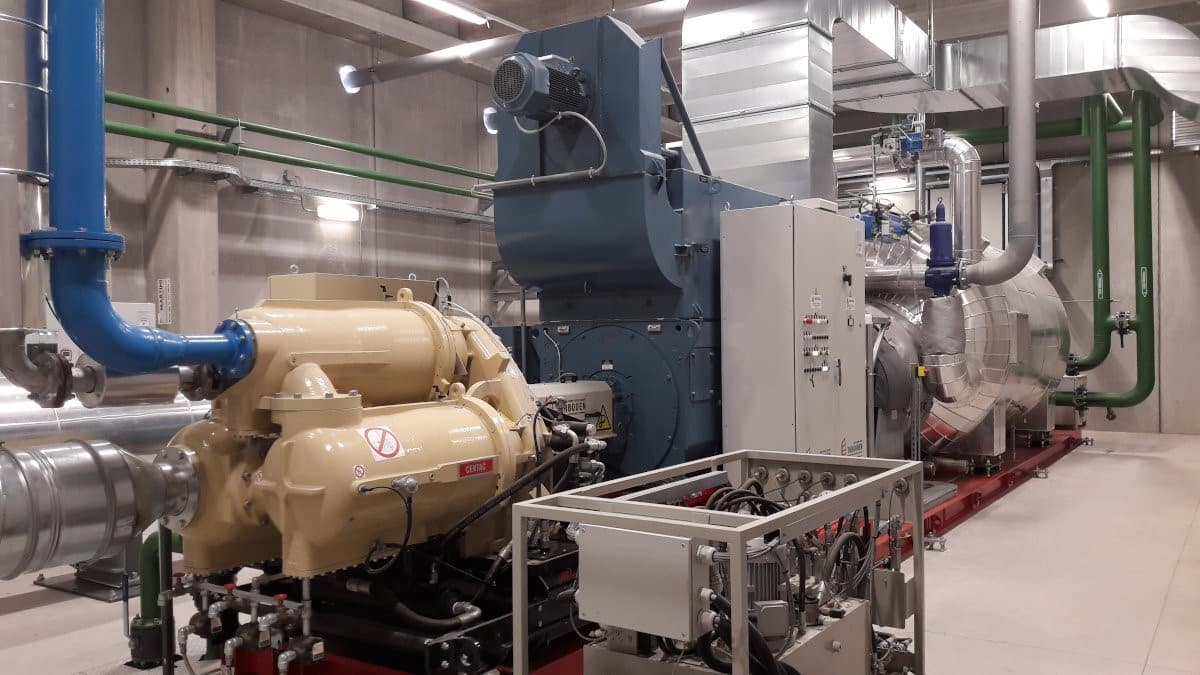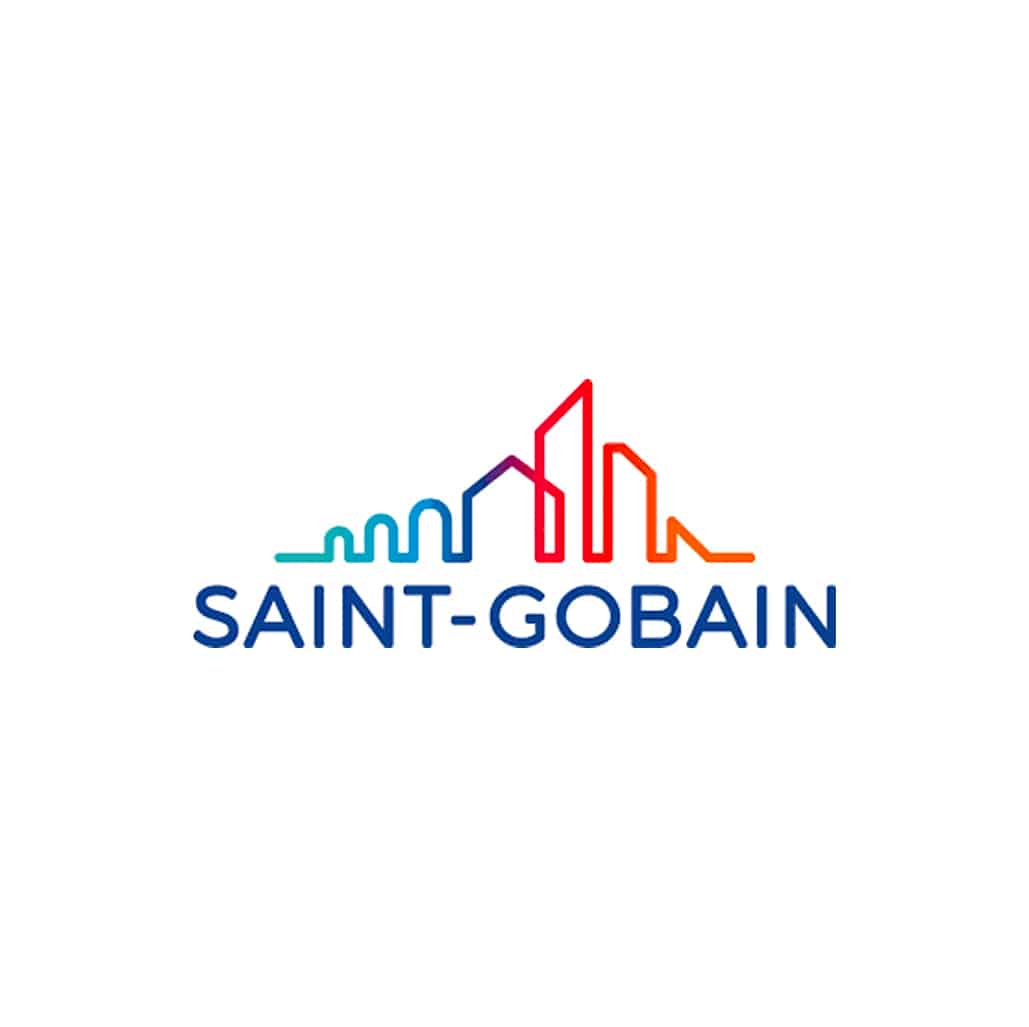
ORC (Organic Ranking Cycle) turbine installations
In order to reduce the amount of electricity taken from the national grids, the Saint-Gobain Group has opted for self-consumption by installing ORC turbines to meet part of the needs of..

This project is in line with the advocacy of EiiF (European Industrial Insulation Foundation) for the promotion of sustainable insulation systems (using mineral wool produced by Saint-Gobain/Isover) in order to save energy and reduce CO2 emissions.
Indeed, EiiF has created an energy assessment program called “TIPCHECK”, which trains and certifies engineers. These engineers are then able to analyse the energy losses of industries and to advise on the most relevant and appropriate sustainable insulation solutions.
On-site audits allow work to be undertaken to repair damaged or poorly insulated areas, to insulate areas that are not insulated, or to propose better insulation solutions
on which the project has a significant impact
Scope 1 – Improving the insulation of equipments at Saint-Gobain sites
The reduced emissions strongly depend on the type and size of the installation, its condition before the project and the used energy types. In the example of the glass furnace above, the gain in natural gas is 3,888MWh/year, i.e. a reduction of 785 teqCO2/year considering an emission factor of 0.202 tCO2eq/MWh of natural gas (IPCC 2006 guidelines for National Greenhouse Gas Inventories).
50k €
2013
Worldwild
By improving the energy efficiency of its factories, Saint-Gobain’s program contributes to more sustainable production and thus to SDG 9 Industry, Innovation and Infrastructure.
This project is replicable in any industrial environment using thermal energy in its processes.
The involvement of top management and the availability of CAPEX are two factors that condition the success of the project.
The main organisation supporting this project is the European Industrial Insulation Foundation (EiiF), a European non-profit foundation created to promote and establish the use of industrial insulation as a widely understood and accepted means of achieving sustainability.
dehs@saint-gobain.com

In order to reduce the amount of electricity taken from the national grids, the Saint-Gobain Group has opted for self-consumption by installing ORC turbines to meet part of the needs of..
AFEP (Association of French large companies) is an association representing 111 of the largest companies operating in France. It participates in the public debate with the ambition to provide pragmatic answers in favour of the development of a competitive and sustainable French and European economy, conducive to the growth of all companies.